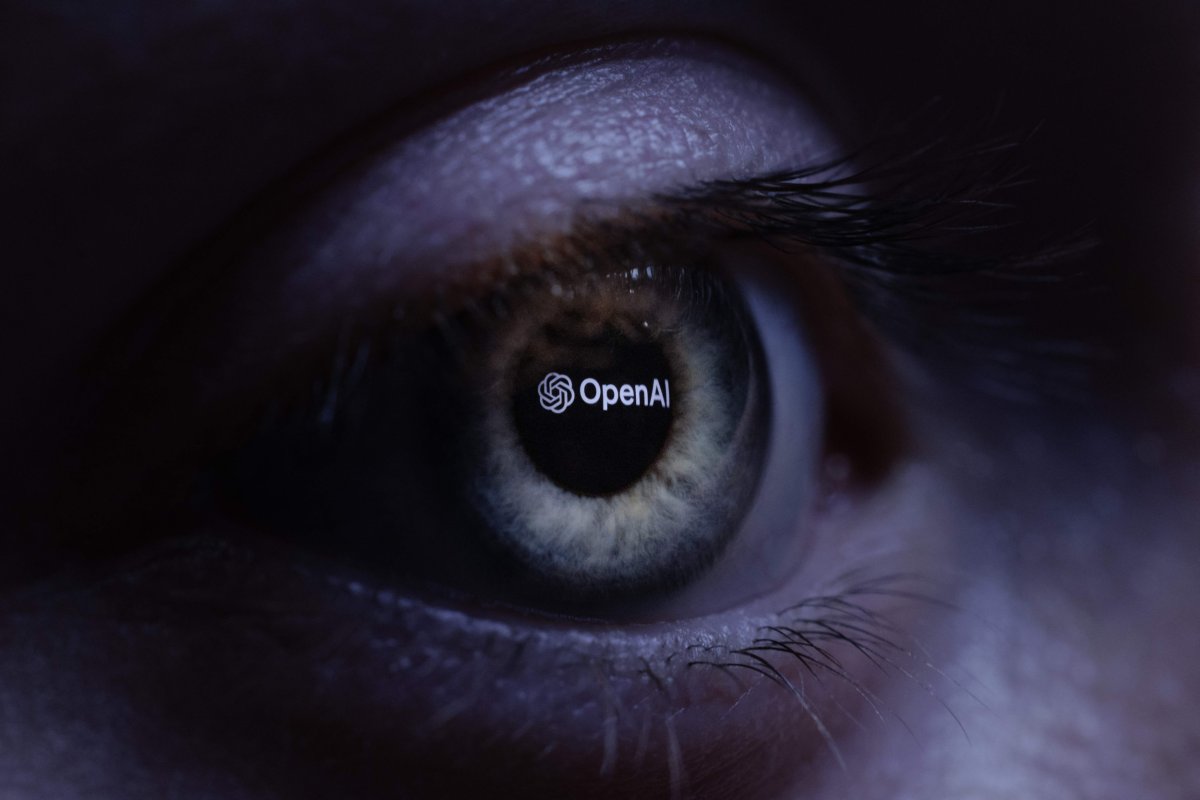As both an artificial intelligence (AI) optimist, excited by a future of abundance, and a Jew, invested in the spiritual dimensions of life, I talk about the (inevitable) impacts of AI on the human experience with both awe and caution.
While spirituality is a cornerstone of my existence, guiding my moral and ethical compass, I firmly believe that religion should not dictate the development of AI. Instead, the growth of AI should be an opportunity for religion to adapt and respond to new ethical challenges, not a realm for it to govern.
The Need for a Secular Foundation in AI Development
AI, in its essence, is a creation of human ingenuity and science. It is a tool that, like any other technological advancement, has the potential to reflect the full spectrum of human values and biases. As we develop AI, it is paramount that this process remains rooted in secular principles. This ensures that the technology is inclusive, serving the diverse needs and beliefs of the global population, rather than being swayed by specific religious doctrines. In the context of Judaism, which values the pursuit of knowledge and understanding, it's important to recognize that the development of AI requires a similar approach. The Talmud teaches us to question, to analyze, and to seek wisdom. These principles can guide our approach to AI, promoting a culture of inquiry and ethical consideration, without allowing religious law to directly steer its course.
Spirituality and Ethics in AI
Spirituality, however, should not be entirely divorced from the conversation about AI. My faith instills in me a strong sense of ethics and responsibility, traits that are vital in the realm of AI development. The alignment problem in AI—ensuring that AI systems' goals and behaviors are aligned with human values—is a crucial challenge that can benefit from ethical insights, including those derived from religious traditions. For instance, Jewish ethics, with its emphasis on justice, community welfare, and the sanctity of life, can offer valuable perspectives in shaping AI policies that prioritize human well-being and ethical accountability. However, this contribution should be in the form of ethical insights rather than religious mandates, allowing for a pluralistic and inclusive approach that respects all belief systems.
AI as a Reflection of Human Diversity
The development of AI must mirror the diversity of the human experience. It should be informed by a multitude of perspectives, including those from various cultures, religions, and philosophical backgrounds. This diversity ensures that AI systems are not biased toward any particular worldview and can serve humanity as a whole. As a Jewish individual, I see this as a continuation of the dialogical tradition, where multiple voices contribute to a richer and more nuanced understanding of the world.
Religion Informed by AI
Interestingly, I propose that instead of religion shaping AI, AI could have a role in informing religious thought and practice. AI, with its vast capacity for data analysis and pattern recognition, could offer new insights into ancient religious texts, ethical dilemmas, and community needs. This could lead to a renaissance in religious thought, grounded in tradition but informed by contemporary scientific understanding.

While my Jewish faith is central to my identity and informs my ethical outlook, I believe that the development of AI should be guided by secular, inclusive principles. Religion, with its rich ethical traditions, can offer valuable insights into the alignment problem in AI, but it should not directly govern its development. Instead, there is an exciting potential for a symbiotic relationship where AI informs religious understanding, leading to a dynamic interplay between faith, ethics, and technology. This approach ensures that AI development is not only technologically sound but also ethically grounded and universally beneficial.
Zack Kass is former head of go-to-market at OpenAI.
The views expressed in this article are the writer's own.
Uncommon Knowledge
Newsweek is committed to challenging conventional wisdom and finding connections in the search for common ground.
Newsweek is committed to challenging conventional wisdom and finding connections in the search for common ground.





